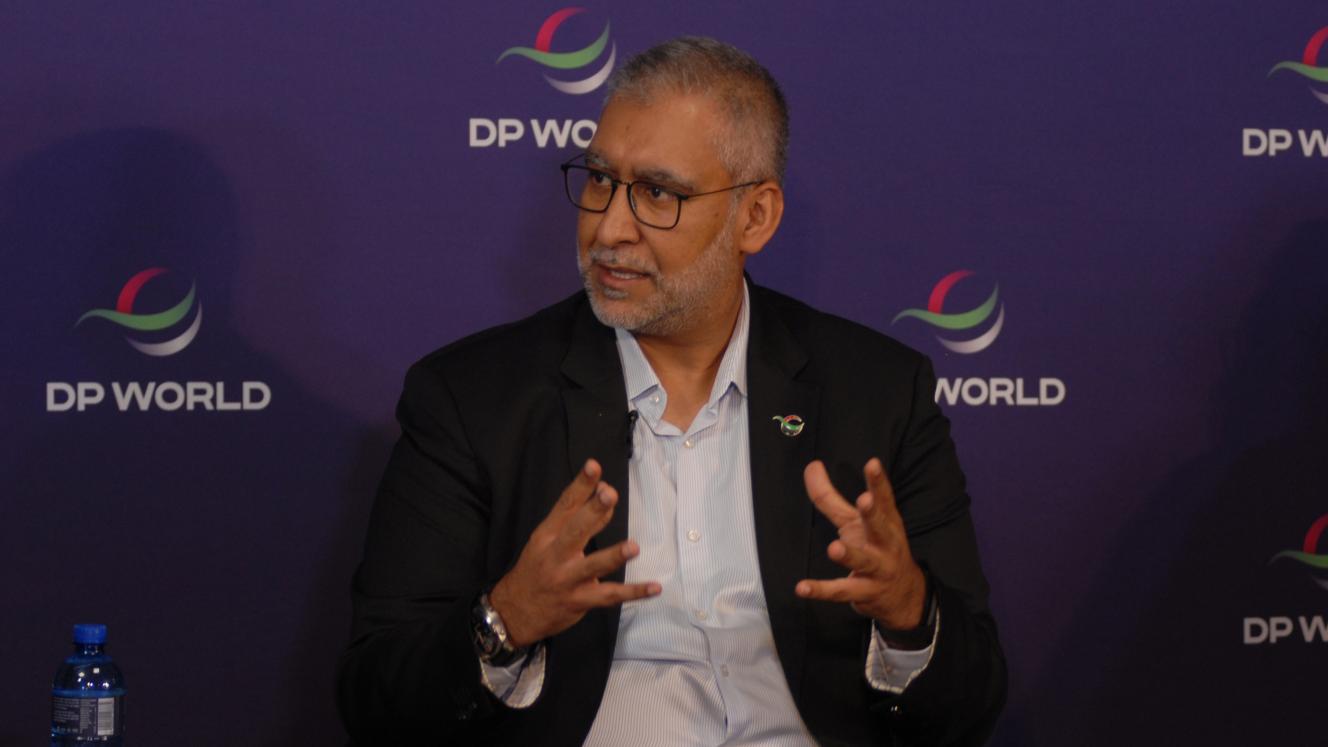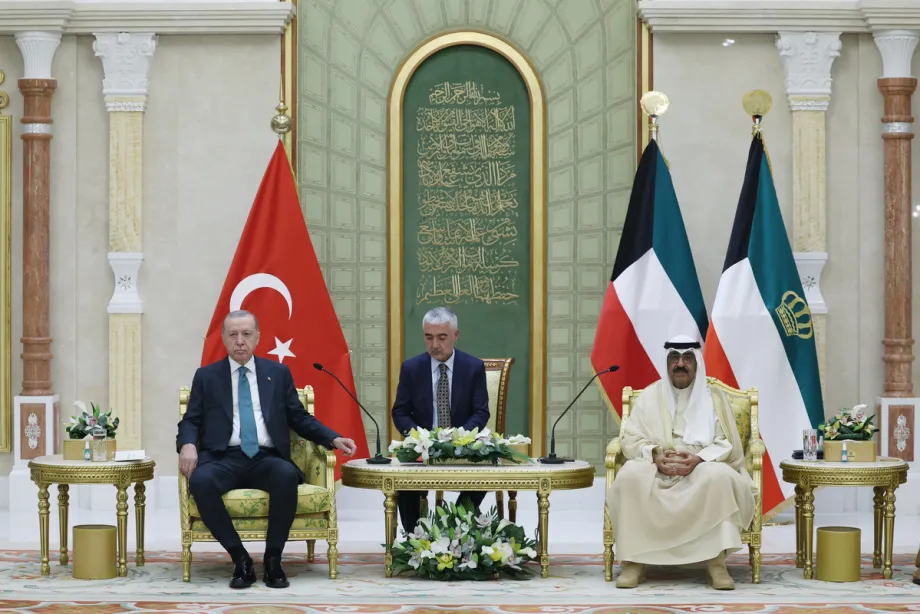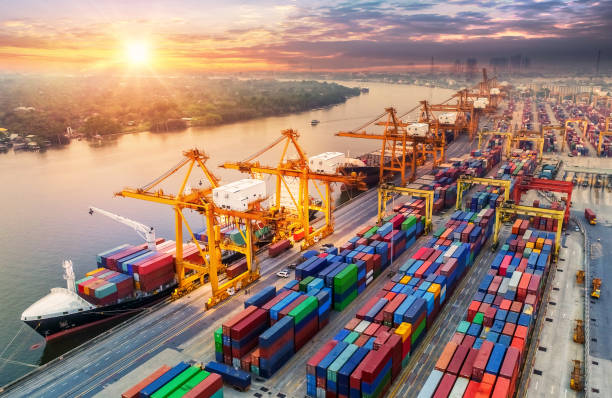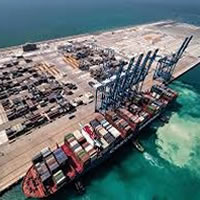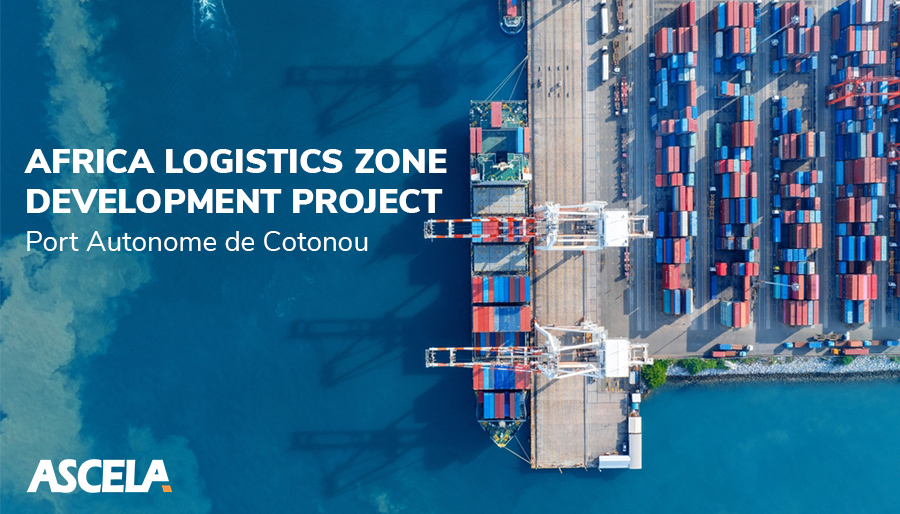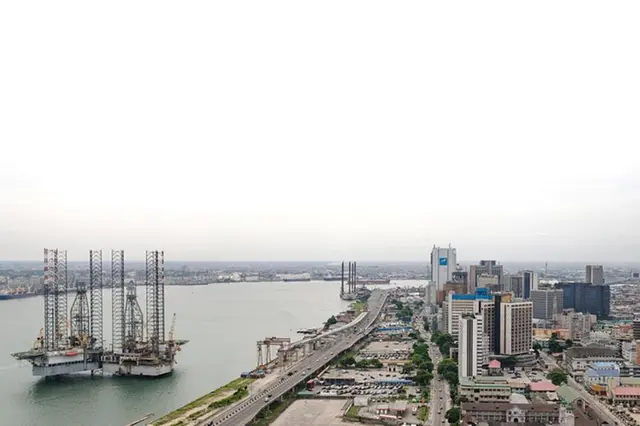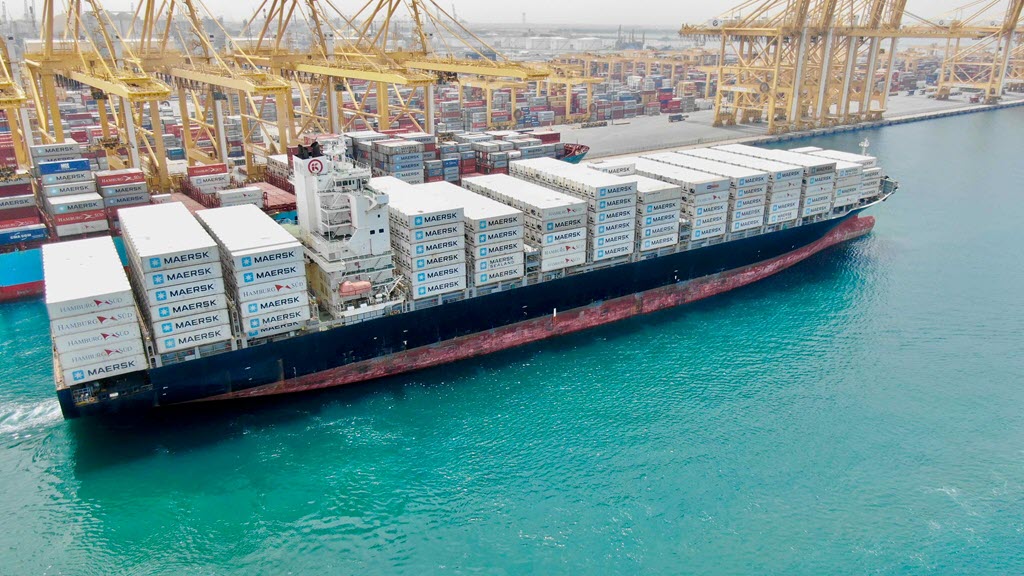Sea

Russia and the Red Sea since 2022 - The Wartime Engagements of an Aspiring Major Power

International center for defense and security
The Kremlin is pursuing a proactive and aggressive foreign policy in the Red Sea region, with the primary goals of undermining Western interests and securing its own economic and strategic objectives. A central focus of this strategy is to protect and facilitate Russia's crucial energy trade that transits through the Suez Canal. This approach is an integral part of Moscow's broader effort to assert its claims as a major global power and challenge the existing international order.
Russian naval policy in the region serves key diplomatic and military functions. Activities such as training exercises and anti-piracy operations are tools of naval diplomacy, designed to build influence with regional states and demonstrate Russia's capacity as a security partner. This presence also supports the core policy goals of territorial protection and reinforcing its self-proclaimed status as a major power.
Economically, Russia employs statecraft centered on exporting essential commodities like arms, energy, fertilizers, and grains. By providing these critical inputs for societal security, Moscow creates economic dependencies among Red Sea nations. This strategy compensates for other weaknesses in the Russian economy and gives the Kremlin significant political leverage in the region.
A critical element of Russia's strategy is its cooperation with the Houthi rebels in Yemen. The strong relationship between Moscow and Tehran, coupled with Iran's relative weakness, encourages the Houthis to align with the Kremlin. By empowering the group, Russia gains a capable non-state ally that can disrupt maritime traffic and challenge Western interests, thereby allowing Moscow to present itself as an indispensable power.
The Red Sea region holds the potential to become a source of strategic depth for Russia, reminiscent of its position during the Cold War. Establishing a firm foothold there would provide Moscow with forward bases, greater influence over key shipping lanes, and a platform to project power, thereby enhancing its global strategic posture against Western nations.
In response to these activities, the analysis provides specific recommendations for US, NATO, and other concerned policymakers. It calls for a proactive approach that includes closely monitoring Russian basing claims, increasing pressure on the supply logistics that sustain the Houthis, tackling the illicit gold trade that finances Russian operations, and promoting alternatives to Russian grains and fertilizers to reduce regional dependency.
Ultimately, Russia's multifaceted strategy in the Red Sea combines military presence, economic leverage, and partnerships with non-state actors to undermine competitors and secure its own trade and political interests. A comprehensive Western response must therefore employ a mix of monitoring, economic pressure, and cooperation with local partners to effectively counter this influence and maintain regional stability.




